The global automotive industry is rapidly shifting toward electric vehicles (EVs) as countries seek to reduce carbon emissions and meet the Paris Agreement’s goal of net-zero emissions by 2050.
Developed economies are leading this transition, while developing countries, including Nigeria, face economic and infrastructural constraints that have slowed adoption.
Nigeria has committed to decarbonising road transportation through EV adoption.
According to the country’s Energy Transition Plan, launched in 2022, it aims for a 100% transition to electric vehicles by 2060, with Lagos State targeting 2050.
The federal government also instituted a National Action Plan for the Development of Electric Vehicles (EVDP), aiming for at least 30% of vehicles produced locally to be electric by 2032, alongside efforts to reduce reliance on imported vehicles.
Despite these policy measures, EV adoption in Nigeria is constrained by limited charging infrastructure, inconsistent electricity supply, and comparatively low economic capacity.
However, private companies have entered the market, assembling and selling EVs domestically while also producing other vehicle types such as saloon cars, SUVs, trucks, buses, and intracity three- and four-wheelers. These initiatives indicate gradual growth in Nigeria’s electric mobility sector.
This article spotlights the companies assembling electric vehicles in Nigeria and the founders and owners driving their growth.
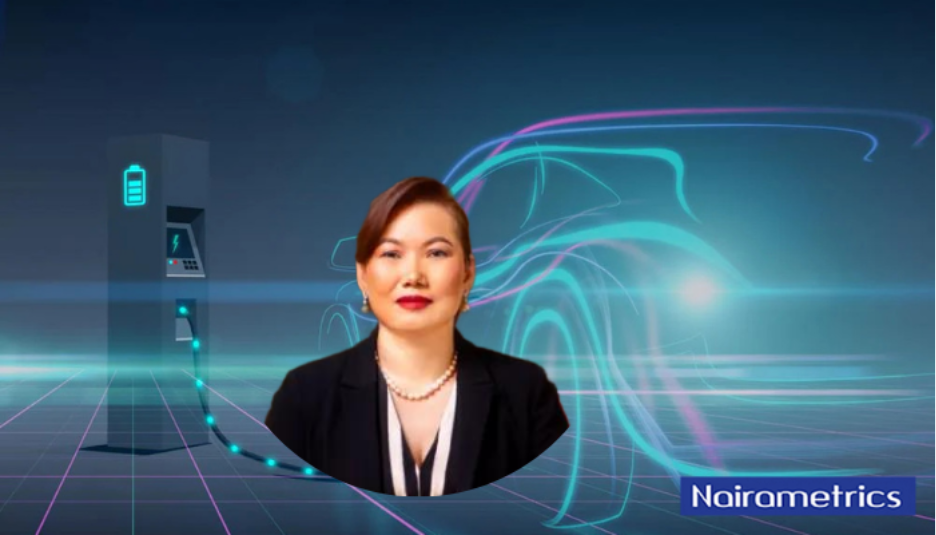
Chief Diana Chen, a graduate of Peking University HSBC Business School, leads CIG Motors, the Nigerian subsidiary of the Choice International Group (CIG). She founded CIG 23 years ago, leveraging extensive expertise in African markets and international trade to drive electric mobility initiatives in Nigeria.
CIG Motors secured a joint venture with the Lagos State Government to set up an assembly plant in Lagos for EVs and implement the LAGRIDE smart taxi initiative. The company assembles complete knock-down (CKD) electric vehicles and maintains service facilities in Lagos and Abuja. Its EV lineup includes the Wuling Bingo, the Macaron Mini EV, and the YEP E260S. These vehicles are part of ongoing plans to expand Lagos’s EV fleet, with over 3,000 EVs expected in the next three years, including 100 added to LAGRIDE in September 2025.
Beyond EVs, CIG Motors also represents leading Chinese automotive brands in Nigeria, including GAC Motors, JMC Motors, Dongfeng Motors, FAW Group, and Wuling Motors, assembling and distributing sedans, SUVs, trucks, and intracity three- and four-wheelers to meet local demand.








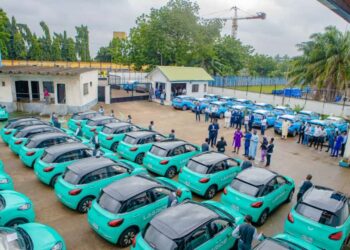

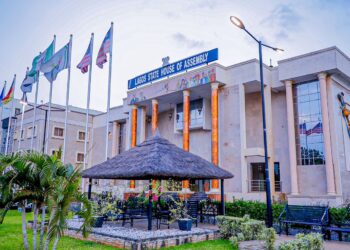
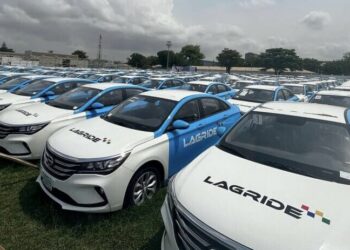
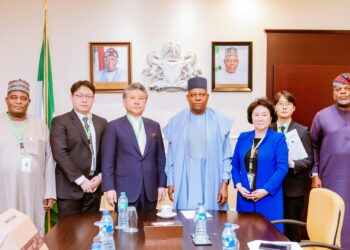
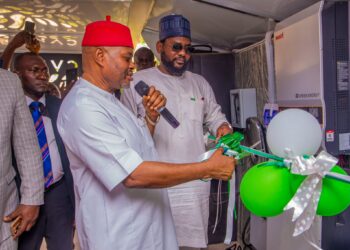













We Nigerians are happy, Seriously this is a welcome development, our youth will be rapidly employed into this industries, may God see us through amen!